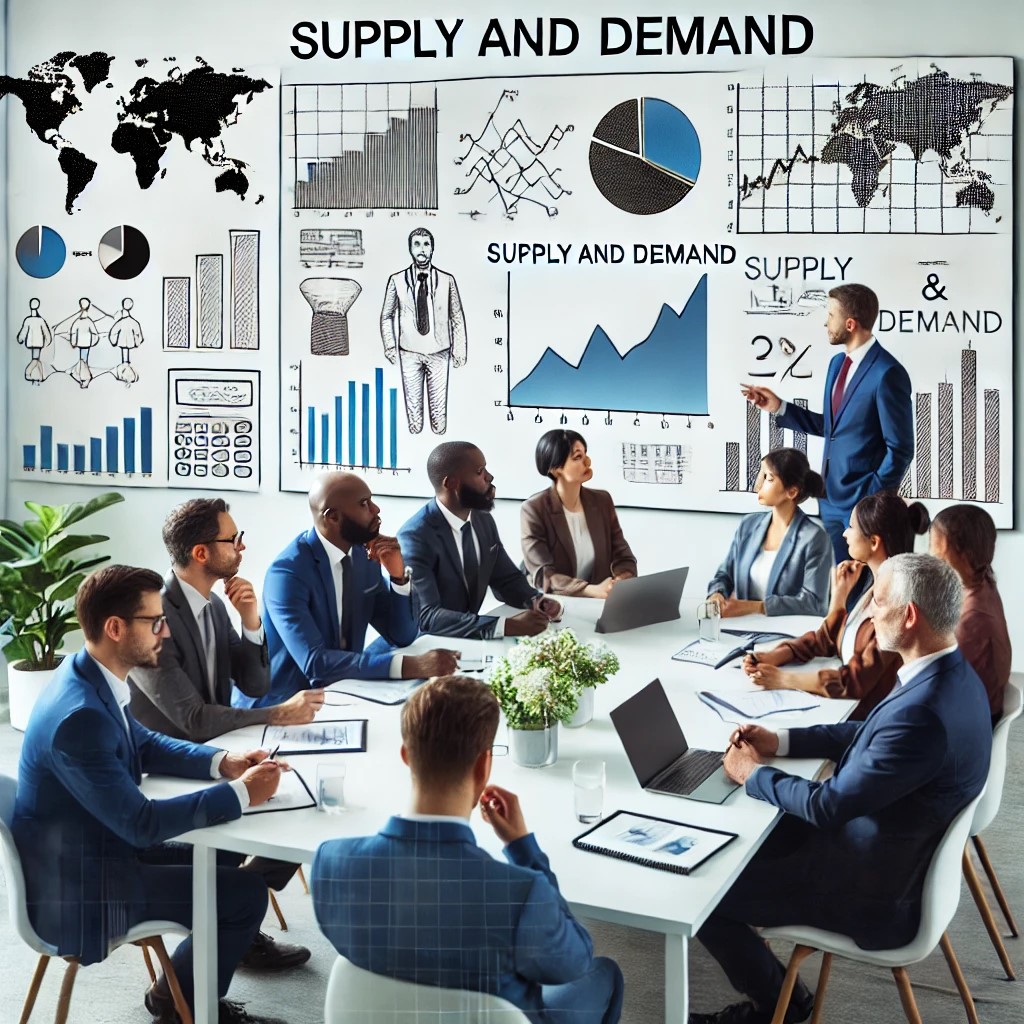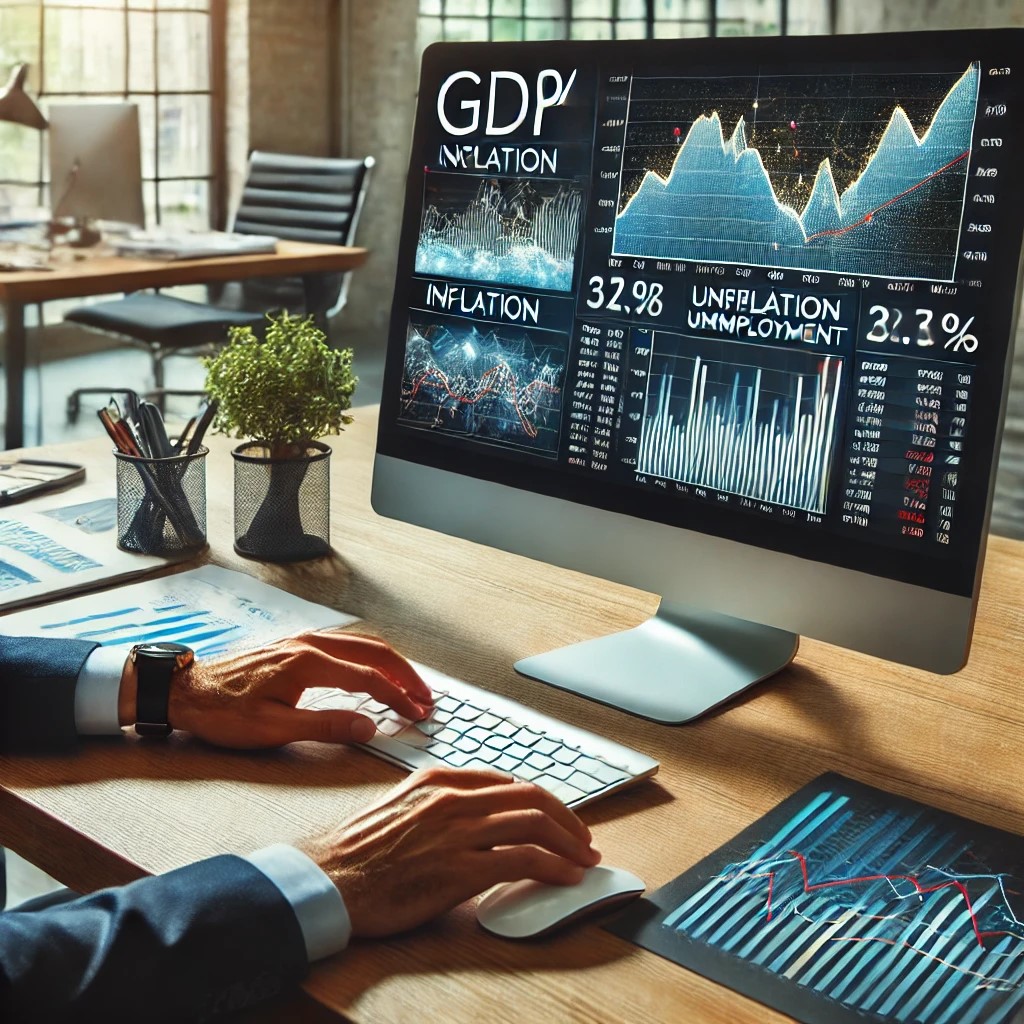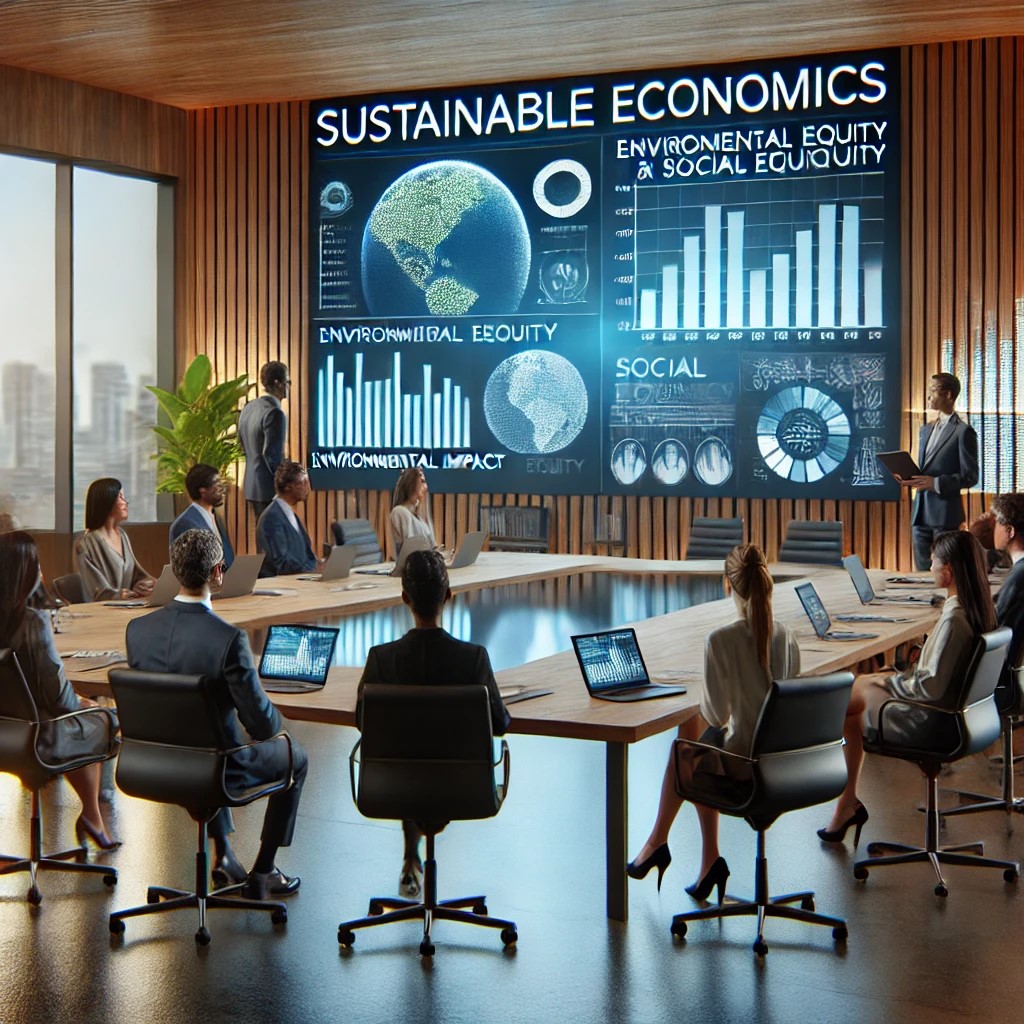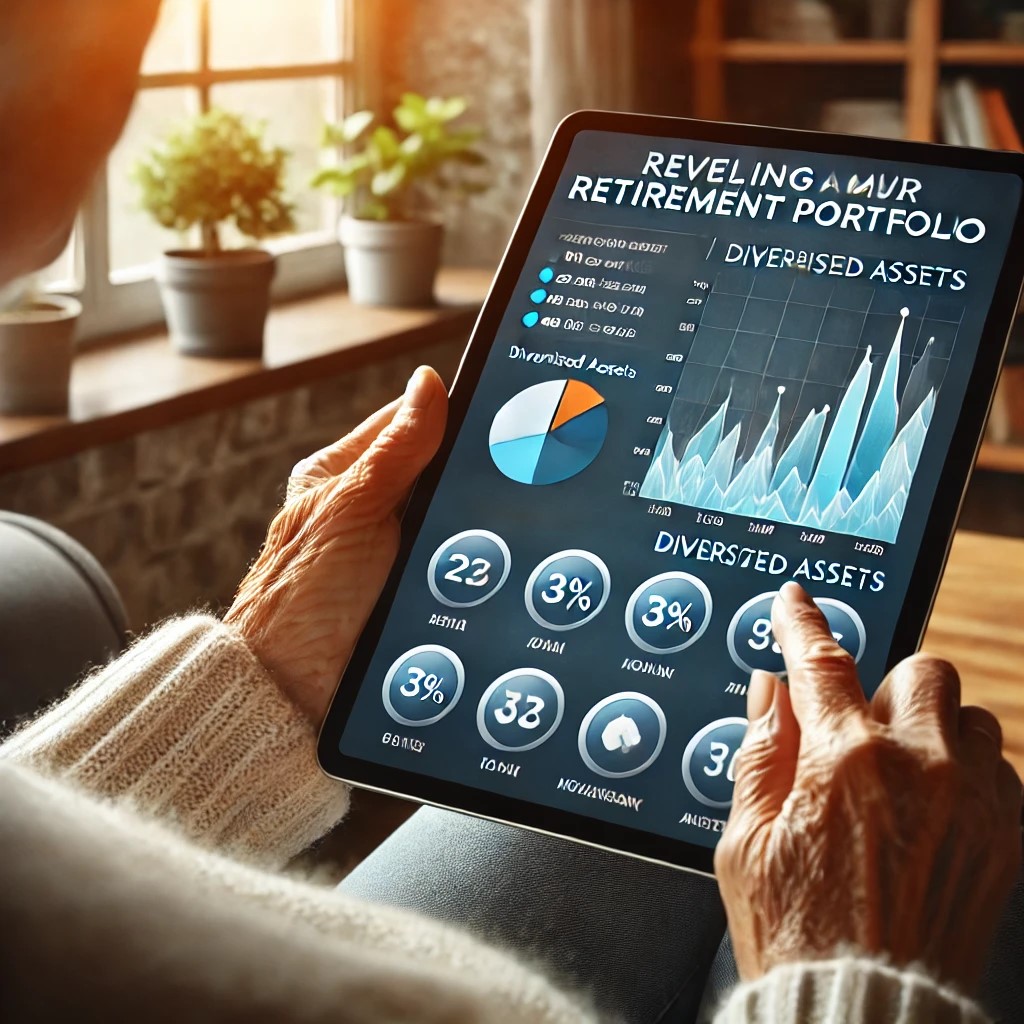Economic theory provides the foundation for understanding how economies function, guiding policymakers, businesses, and individuals in making informed decisions. By examining the principles of supply and demand, market structures, and economic indicators, we gain insights into economic behaviors and trends. This article explores the basics of economic theory, current trends in economic thought, and future predictions.

Basics of Economic Theory
1. Supply and Demand:
At the core of economic theory is the concept of supply and demand. Supply refers to the quantity of goods and services that producers are willing to sell at various prices, while demand refers to the quantity that consumers are willing to purchase. The interaction between supply and demand determines market prices and quantities.
Law of Demand: As prices decrease, the quantity demanded increases, and vice versa.
Law of Supply: As prices increase, the quantity supplied increases, and vice versa.
Equilibrium: The point where supply equals demand, resulting in stable prices and quantities.

Current Trends in Economic Theory
1. Behavioral Economics:
Behavioral economics integrates insights from psychology into economic theory, challenging the assumption of rational decision-making. It explores how cognitive biases and emotions influence economic choices. This field has gained traction, leading to policies that account for human behavior, such as nudging individuals towards better financial decisions.
2. Sustainable Economics:
Sustainable economics focuses on the long-term impact of economic activities on the environment and society. It advocates for balancing economic growth with environmental preservation and social equity. This trend reflects a growing recognition of the need to address climate change and resource depletion through sustainable practices.

Future Predictions in Economic Theory
1. Integration of Technology:
Economic theory will increasingly incorporate technology's role in shaping markets. Artificial intelligence, automation, and big data analytics will influence production, consumption, and labor markets. Economists will develop new models to understand the impact of technological advancements on economic growth and inequality.
2. Focus on Inequality:
Addressing economic inequality will become a central theme in economic theory. Researchers will explore policies to reduce income and wealth disparities, such as progressive taxation, universal basic income, and access to quality education and healthcare. The goal will be to create more inclusive and equitable economies.
3. Climate Economics:
Climate change will drive the evolution of economic theory, emphasizing the need for policies that mitigate environmental risks. Economists will develop models to assess the economic impact of climate change and the effectiveness of policies such as carbon pricing, renewable energy investments, and green technologies.
Conclusion
Understanding the basics of economic theory is essential for navigating the complexities of modern economies. Current trends such as behavioral economics, sustainable economics, the digital economy, and globalization are shaping economic thought. Looking ahead, the integration of technology, focus on inequality, climate economics, and re-evaluation of growth metrics will define the future of economic theory. By staying informed about these trends, individuals, businesses, and policymakers can make better decisions to foster sustainable and inclusive economic growth.





